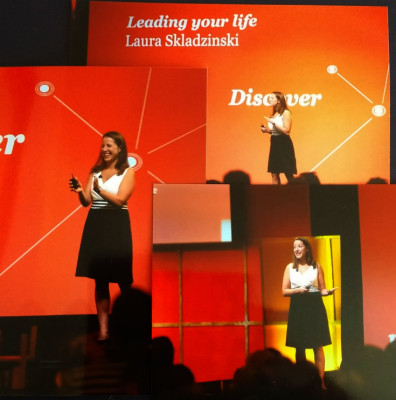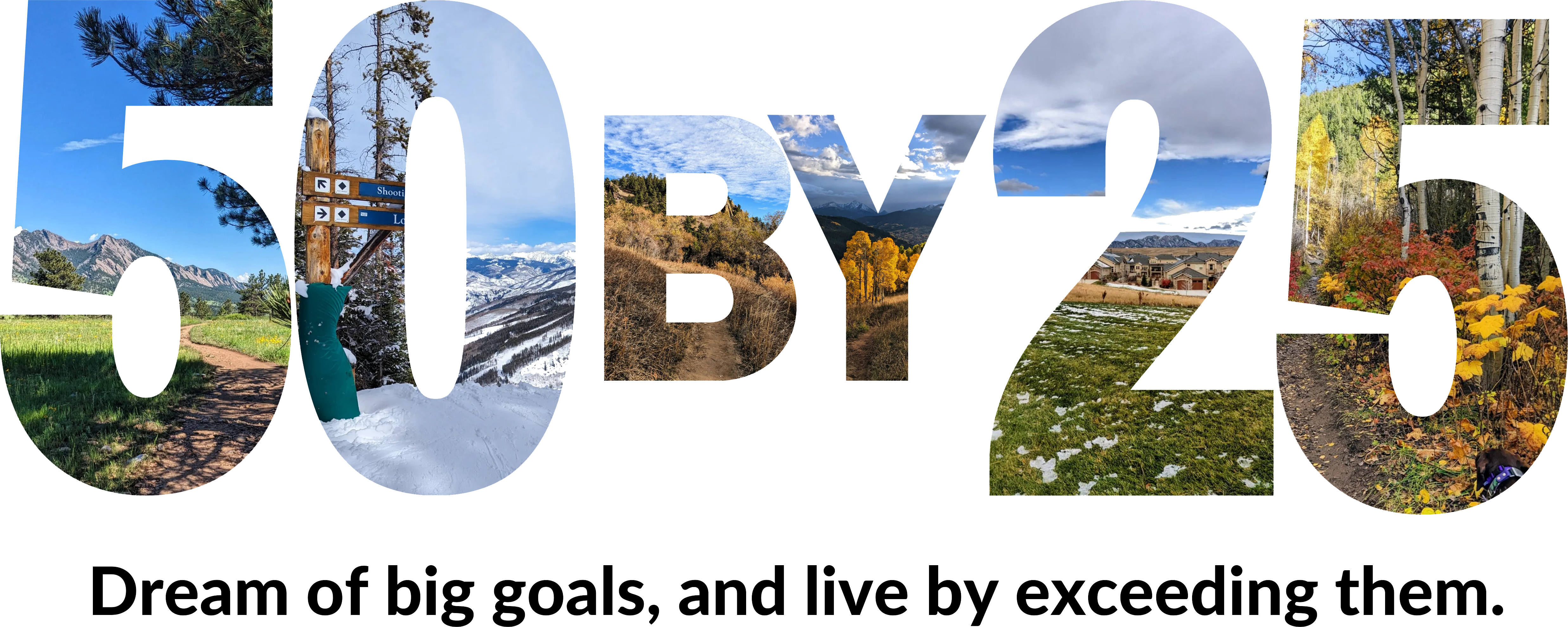This morning, while driving to work, I was listening to a podcast I used to love – Stuff Mom Never Told You. In the last six months or so, I feel like it’s taken on an incredibly feminist bent and become very heavily biased (rather than an unbiased source of facts that support women), and I’ve found myself increasingly bored with the podcasts. Cue my wandering mind, which is not what I wanted with my driving zen February challenge!
But today and yesterday, my thoughts weren’t drifting toward personal things – I was thinking all about work and how I can better reward and recognize my team. I’m currently leading a team of three client resources, which is a little bit of a challenge because they aren’t my direct reports. How do you motivate someone to succeed when they report to someone else? I’m lucky to have a team who is already very motivated and works hard to do a good job, but I want to make sure that I’m recognizing their achievements so they don’t become disillusioned with thankless work.
Last night, the broader team that I’m a part of went to our quarterly outing designed to help us connect. In the past, we’ve done happy hours or paint & wine classes; this time, we went to a Cajun cooking class at Central Market! It was really fun learning more about cooking with my colleagues, and the results were pretty delicious too 🙂

But what about when you don’t have the budget for such an involved event? I think there are still a lot of ways to organize an inexpensive get-to-know-you outing. A few months ago, one of my clients hosted a cheap/expensive wine tasting (and he had previously organized a sour beer tasting). For both of those, we just camped out in a conference room with some Styrofoam cups, and the only expense was the drinks. That’s a really inexpensive way to connect, and not all that hard to organize, either.

I like that those tasting events also offer a bit more of an activity than just a basic happy hour, where some people may initially be uncomfortable making small talk. Activities give you something to talk about, and they can be as expensive as going to an amusement park or as cheap as heading to trivia night at a local bar/restaurant. I think to give my team a little bit of fun while sticking to a budget, I’m going to suggest a board game night – it will be easy/inexpensive to bring in pizza and drinks, and some friendly competition may be just the ticket to break the ice!
On the more active side, one of my team members is a yoga instructor, so we’ve talked about going to one of his classes at CorePower Yoga. I’ve been working with this team member since November and can’t believe I haven’t made it to one of his classes yet! But as much as I love the idea of a gym class as a team bonding experience, I know that not everyone wants to get sweaty with their coworkers – so I think that’s an activity that’s better left as optional for the team. It doesn’t mean we can’t do it, but I will likely open it up to a broader audience than just the four of us, so no one feels obligated.
According to Dan Pink, author of Drive: The Surprising Truth About What Motivates Us, the three things that motivate people are autonomy, mastery, and purpose (Eric Barker has a great summary of Pink’s work here). No one likes being told what to do, and no one likes doing something they suck at, either – so I try to make sure that when I’m building a work plan, I get my team involved and let them help with the decisionmaking. If there are three tasks to do and three team members, why not let them divvy the work up themselves rather than me assigning it?
40% of employees say that feeling involved in decision-making processes is a motivating form of appreciation. Even when you’re working under a tight deadline, I still think there’s a lot to be said for pairing people up for stretch assignments. One person is the doer while the other learns for next time – which results in both people being happier at work.
I also apply Pink’s concept of “small wins” by creating an action item list that details exactly what each person needs to do. It’s not prescriptive if my team gets involved with creating/assigning action items along with me. Plus, that small feeling of accomplishment when you check off a box as complete can make you feel like you have autonomy, mastery, and purpose. Triple whammy!
As far as an actual reward goes, there are a lot of ways to reward employees besides a cash bonus – the AmEx Open blog has a great list here. But I think the most powerful reward is simple recognition. 81% of employees say they work harder when their boss shows appreciation for their work, and I believe it! I’ve been making an effort lately to reply to my team’s emails and CC their direct supervisors to thank them for a job well done, and make sure that their boss is aware of their good work.
I have always been an advocate of keeping an “accolades” folder in your email where you file similar emails you may receive – it makes a powerful statement at your performance reviews when you can pull out those sorts of compliments, which may result in a cash bonus or raise after all. But even if that’s not the case, recognition is considered the best lever to improve quality of life at work for the majority of employees. Small wonder that my own company makes such a big deal out of our Promotion Day every year!

In the corporate world, the success of any recognition program hinges on whether the rewards make employees feel valued and respected for what they do. Sodexo, a worldwide leader in Quality of Life Services, believes that to create value, businesses and society as a whole must make people’s well-being a priority. I love this mission, and hope that more companies start thinking about that as just as much a business priority as revenue targets! My company’s Discover program has a large component around figuring out work-life balance, which is in keeping with Pink’s autonomy concept. I think providing good work-life balance is essential to keeping top performers – both ensuring they actually stay at the company, and also making sure that they stay top performers and don’t burn out.
I’ve written a lot about work-life balance in the past: how I work weekend sometimes, and how I’ve been trying to do a bit better about taking vacation time. I think it’s important not to dictate exactly how or when people work, if you can help it; instead, measure what someone gets done and judge your employees on the basis of effort and results. Using that as my yardstick, I don’t mind if someone on my team takes a long lunch or does personal stuff during the day – I know that if they’re still performing, they must be making that time up elsewhere. (Or it may mean that I’m not assigning them enough work to keep them busy and challenged, but that’s a different story.) I love the idea of rewarding top performers with extra days off and more freedom – it’s something we all crave, and I think it encourages even better performance when you’re empowering people to work autonomously.
Thank you to Sodexo for getting me thinking about the importance of rewards and recognition, which in turn is helping to make me a better boss.
Disclaimer: I was asked by Sodexo to talk about rewards and recognition in the workplace, but all opinions and ideas in this post are my own.

Two people you will enjoy reading related to this topic. Charlie Munger’s insights on incentives, and also read Bart Lorang (founder and CEO of FullContact in Boulder)’s blog. Bart is cutting edge in org culture and employee motivation and experiments accordingly within FullContact (after which many tech and Colorado companies follow).
I *love* Bart Lorang’s blog, and read it religiously 🙂 Great tips!